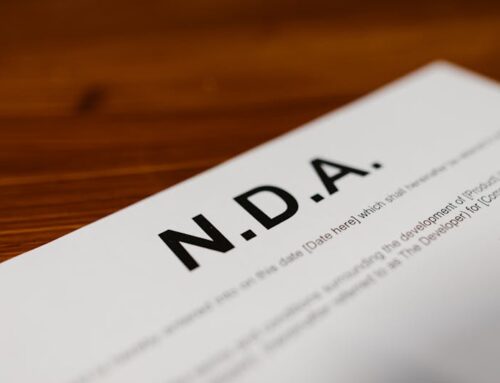When business owners get ready to sell, it’s natural that they want to get the highest price possible for their company. They’ve worked hard to build something they’re proud of, and they may be planning to make the payout last throughout the length of their retirement.
If you’re comparing offers for your company, don’t be so dazzled by the biggest number that you overlook what might be a better deal for you. Here are some factors to consider.
Most deals are structured by prospective buyers as a combination of cash outlay and financing over time, which allows the buyer to make a larger offer than if he were simply paying cash. Many buyers will ask the current owner to hold part of the note for up to five years. When you accept seller financing, you’re becoming a banker. You’re accepting the risk that the new owner may default, something you should think long and hard about when your retirement is at stake.
As a seller-financer, you’ll be tying your investment to the future performance of the company. You may even be asked to work in the company as an employee for a couple of years. That means you won’t have control over decisions that affect the employees, the customers, or the company’s performance. That may not be easy for some owners, especially if the company’s performance starts to decline.
If your return on investment is tied to the future performance of the company, the buyer you chose can become a de facto partner, which may not have been your intent. If he’s asking to operate the company under your license, you’re still liable for the quality of the work, even if you aren’t making decisions. Legally, you’re stating that you are overseeing all the work that’s being done. That may involve much more time and effort than you’d planned to take on during retirement. More headaches, less golf. Is that something you can live with?
If the new owner defaults, you may not have much value you can reclaim. If the customer base and maintenance contracts have dried up, the only thing left in the company may be a few hundred thousand dollars’ worth of used equipment. Most owners who have planned on retirement don’t want to start from scratch to build the company up again. There’s considerable risk involved.
Real estate can also complicate the deal. If you own a building, you’ve probably been renting it to your own company at a significant discount. You may have to continue that steep discount for the new owner so he can make ends meet. If property values go up, you might not be able to take advantage of higher rents or the opportunity to sell at a significant profit. That will impact your retirement income for the foreseeable future.
You can see why the terms of the sale are as important as the price. You’re betting part of your future on a stranger who may be great at raising money but not so good at running a business. It’s important to understand that the cash payout and the full selling price might be two different numbers with two very different risk profiles over time.
And you might be okay with that. It makes sense for some owners to defer some of the payout because of tax implications or your current financial situation and goals. You may also feel confident that the company still has plenty of room for profitable growth; maybe you’re willing to take a risk on a bigger payout a few years down the road. That’s for you and your financial advisor to determine.
The important thing is to understand the entire picture of risk and reward clearly as you determine the sale price that is right for you right now. That’s what an experienced broker can help you work through before you sign the deal.

Patrick Lange is an experienced HVAC-specific business broker with Business Modification Group based in Horseshoe Beach, Florida. He has a unique background in financial planning and has even owned an HVAC business himself. This makes him well suited to working with some of the most successful HVAC business owners in the country. Specializing in companies with 1-10 million dollars in revenue, he maintains a network of buyers and sellers in the industry. He has sold more HVAC businesses than any other broker in the United States over the last three years and is currently the President of the Business Brokers of Florida (North Florida District.)








Patrick,
Great post.
Congratulations on selling more businesses than any other broker.
I believe it’s because you are a man of integrity.